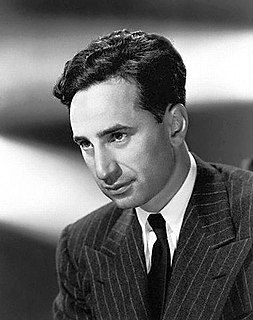A Quote by Augusten Burroughs
There is no such thing as too ordinary to write about, whether that's life or a scene in a novel. What's interesting to people, whether it's memoir or fiction, is the truth.
Related Quotes
Going from memoir to fiction was fantastic. I had been afraid to move away from memoir; I'd written some novel drafts, but they weren't well received by my agent at the time, and it had been drilled into me that "memoir outsells fiction two to one" (not sure if that's true anymore, or if it ever was), so I felt like the only smart thing to do, professionally, was to keep mining my life for painful moments to recapitulate.
Whether it's one scene or 15 scenes in a film, whether it's the lead or a cameo part, if I don't find it interesting, I tend not to do it. You never really know what it is. It could be a one-scene part. I remember I read the one scene in Crash and was asked to do it. I was like, "Absolutely!" There's no formula for how something has to be. I always try to keep it that way.
A fine memoir is to a fine novel as a well-wrought blanket is to a fancifully embroidered patchwork quilt. The memoir, a logical creation, dissects and dignifies reality. Fiction, wholly extravagant, magnifies it and gives it moral shape. Fiction has no practical purpose. Fiction, after all, is art.






































